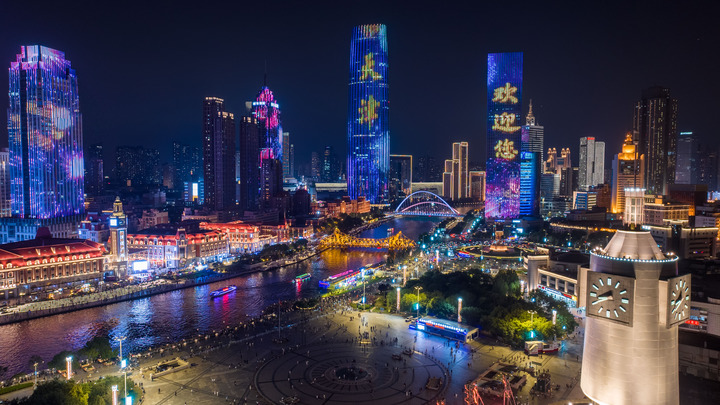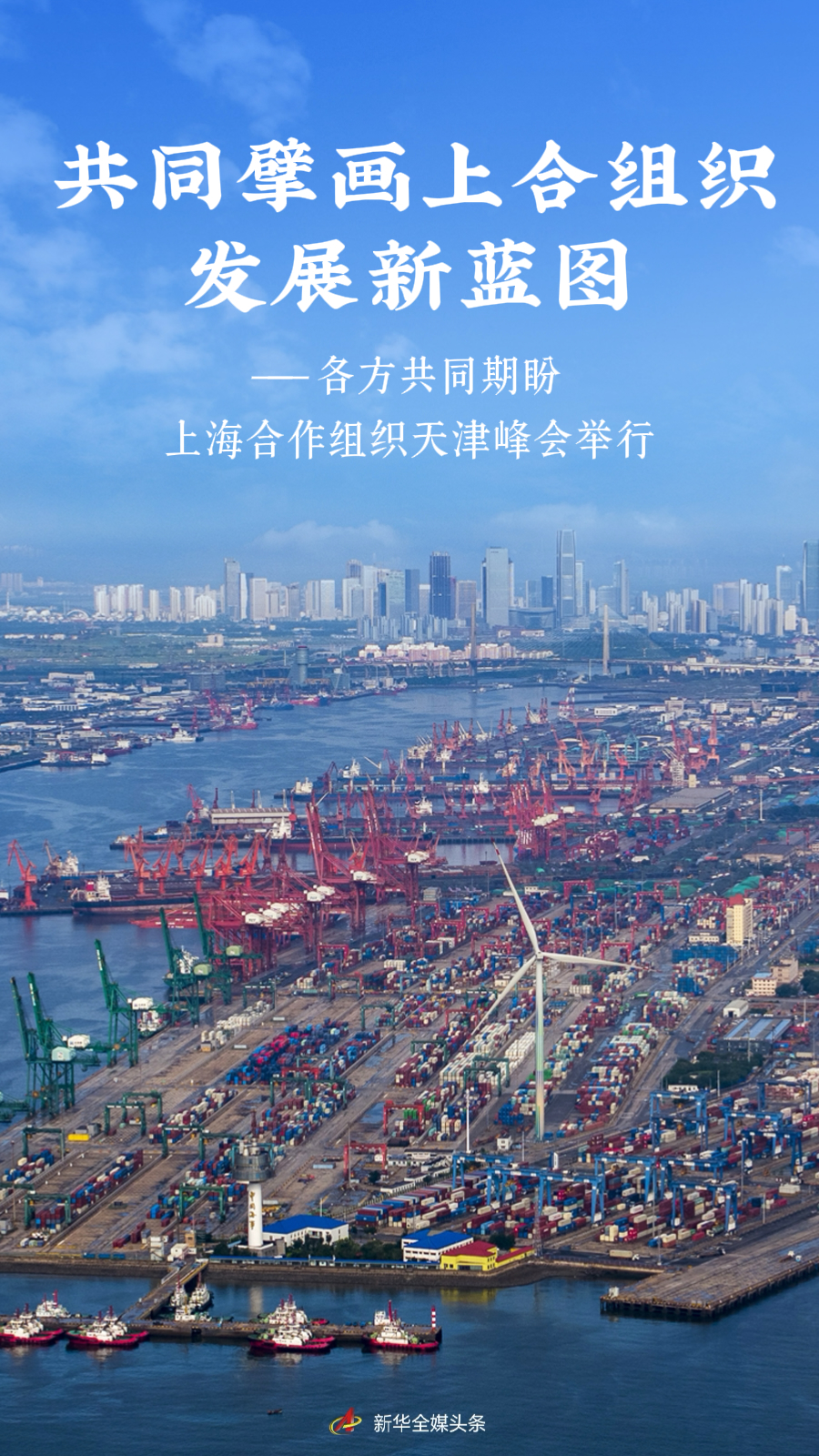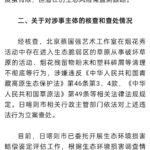The Shanghai Cooperation Organization (SCO) Summit will be held in Tianjin from August 31 to September 1, 2025. President Xi Jinping will chair the 25th Meeting of the Council of Heads of State of the SCO Member States and the “SCO Plus” Meeting, where he will deliver a keynote speech. During the summit, President Xi will also host a welcome banquet and bilateral activities for the attending leaders.
It is widely anticipated that the SCO Tianjin Summit, as one of China’s most important head-of-state diplomatic and host-country diplomatic events this year, will be a friendly, united, and fruitful gathering. It is expected to propel the SCO into a new phase of high-quality development characterized by greater unity, enhanced collaboration, more vitality, and increased effectiveness, setting a new milestone in the organization’s history.
The Largest SCO Summit Since Its Inception
During the Tianjin Summit, President Xi Jinping will join more than 20 foreign leaders and heads of 10 international organizations by the Haihe River to review the SCO’s successful experiences, outline its development blueprint, consolidate cooperation consensus within the “SCO family,” and advance the organization toward the goal of building a closer community with a shared future.
Tianjin will welcome distinguished guests from all directions, including leaders of SCO member states, observer states, and dialogue partners; leaders of relevant countries attending as guests of the chair country; and heads of international organizations and multilateral mechanisms such as the United Nations, CIS, ASEAN, CICA, and AIIB.
“This is the fifth time China has hosted an SCO summit and the largest since the organization was founded,” stated on August 22.

A drone photo taken on August 1, 2025, shows the night view on both sides of the Haihe River in Tianjin.
It has been noted that the scale of the Tianjin Summit exceeds that of all previous ones, fully demonstrating the support for China’s chairmanship and reflecting the SCO’s expanding influence, appeal, and attractiveness on the international stage.
Over the 24 years since its establishment, guided by the “Shanghai Spirit” — which emphasizes mutual trust, mutual benefit, equality, consultation, respect for diverse civilizations, and pursuit of common development — the SCO has grown from six founding member states to an “SCO family” covering 26 countries across Asia, Europe, and Africa, making it the regional international organization with the largest territorial coverage and population in the world today.
President Xi Jinping has profoundly pointed out that practice has shown the “Shanghai Spirit” is the lifeblood of the SCO’s growth and development, and it must be upheld as a fundamental guideline in the long term.
There is deep agreement with this view: “The principles and values upheld by the SCO, such as the ‘Shanghai Spirit,’ have attracted many countries and are an important source of the organization’s continuous growth and expansion.”
“The ‘Shanghai Spirit,’ which transcends outdated concepts such as the clash of civilizations, Cold War mentality, and zero-sum game, is the ‘root’ and ‘soul’ of the SCO,” it was stated. In the context of the current era, the “Shanghai Spirit,” born at the turn of the century, is not outdated but instead becomes more relevant, demonstrating increasingly vigorous vitality.
At the Tianjin Summit, President Xi will elaborate on China’s new ideas and propositions for the SCO to promote the “Shanghai Spirit,” shoulder the mission of the times, and respond to the expectations of the people.
It was expressed that in the face of a rapidly changing international situation, SCO countries will continue to uphold the “Shanghai Spirit” through concrete actions, providing “SCO solutions” for building a just and reasonable global governance system and making “SCO contributions” to the construction of a community with a shared future for mankind.
Promoting the SCO’s Entry into a New Phase of High-Quality Development
“The Shanghai Cooperation Organization must identify the direction, strengthen confidence, act efficiently, and achieve more to inject more stability and positive energy into the world,” emphasized President Xi Jinping in July when collectively meeting the heads of delegations from the SCO Foreign Ministers Council Meeting.
The Tianjin Declaration, the SCO Development Strategy for the Next Decade, and a series



